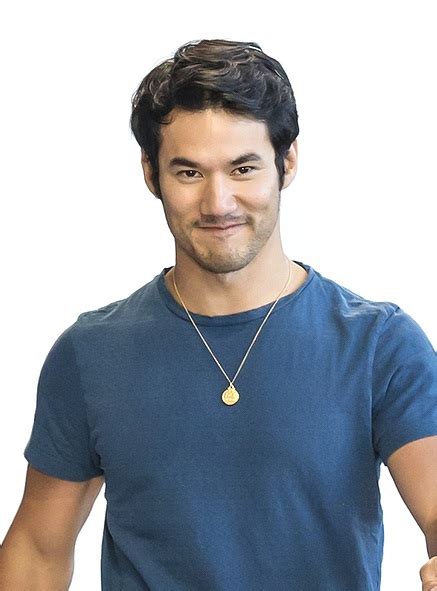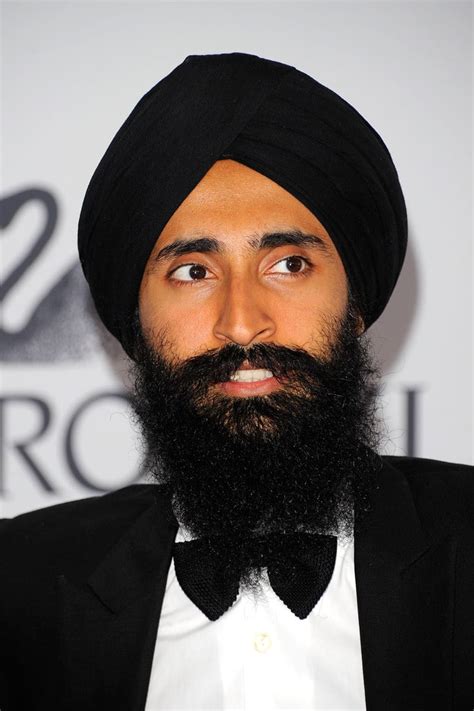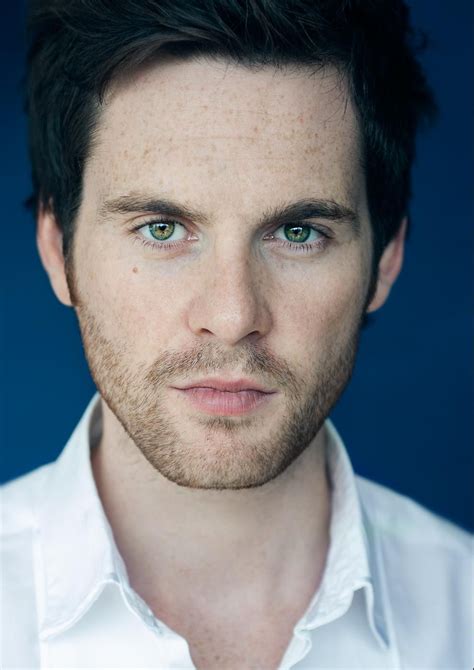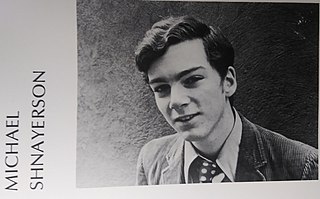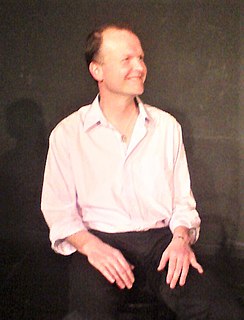A Quote by Donatella Versace
At that time of the supermodels, celebrities didn't want to be in fashion; they thought they were more intellectual and interesting than anyone in fashion.
Quote Topics
Related Quotes
With all the new media outlets out there, with all the noise, a voice of authority and calm like Vogue becomes more important than ever. The more eyes on fashion, the more opinions about fashion, the more exploration of fashion around the world, the better it is for Vogue. Vogue is like Nike or Coca-Cola—this huge global brand. I want to enhance it, I want to protect it, and I want it to be part of the conversation.
Fashion sighs after trends. I want timeless elegance. Fashion has no time. I do. I say: Hello Lady, how can I help you? Fashion has no time to even ask such a question, because it is constantly concerned with finding out: What will come next? It is more about helping women to suffer less, to attain more freedom and independence.
I went to London Fashion Week for the first time, after I got the job [on The Collection ], and it completely changed the way I perceived it. I thought, "This is a far bigger operation than I ever expected, and it has far more worth than I ever gave it before." It definitely changed my view of the fashion world.
I think fashion is probably one of the most accessible and immediate forms of visual culture. In 1978, when I realized that I wanted to work on fashion, I had gone to Yale to get my Ph.D. in European cultural history. I suddenly realized fashion's part of culture, and I can do fashion history. All my professors thought this was a really bad idea, that fashion was frivolous and unimportant. And, increasingly over time, people have recognized that it provides such a mirror to the way we think, our values and attitudes.
I think a lot of people would assume that my job is more about supermodels and naked ladies and all that, and no, it's just really about fashion, merchandise and customers. So the obviously sexy parts - you get to go to the fashion show and all that stuff. It's really just business. That's my story. I'm sticking to it.





